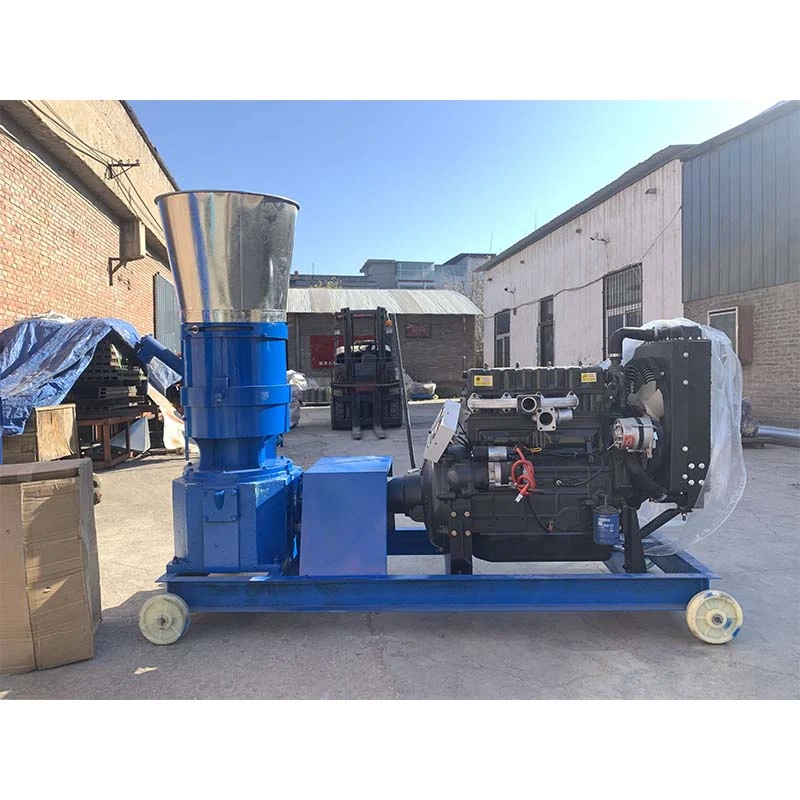Innovative Technology for Paper Egg Tray Production and Efficiency Enhancement
Dec . 16, 2024 23:21 Back to list
Innovative Technology for Paper Egg Tray Production and Efficiency Enhancement
The Egg Tray Machine Revolutionizing Packaging Solutions
In today's fast-paced world, the demand for efficient and eco-friendly packaging solutions continues to grow. One innovative response to this need is the egg tray machine, a remarkable piece of equipment that produces high-quality paper trays for eggs and a range of other products. This machine not only addresses the agricultural sector's packaging requirements but also brings significant environmental benefits, making it a vital asset in modern manufacturing.
Understanding the Egg Tray Machine
An egg tray machine transforms waste paper into functional egg trays through a series of processes, including pulping, molding, drying, and pressing. The process begins with the collection of used newspapers, cardboard, and other paper products, which are then pulped to create a slurry. This pulp is fed into the forming molds, which shape it into individual egg trays.
The efficiency of these machines can vary, including semi-automatic and fully automatic options, catering to different production needs. Automatic machines, for instance, can produce thousands of trays per hour, minimizing labor costs and maximizing output. Moreover, the technology has advanced significantly, incorporating features such as adjustable production capacity, energy efficiency, and integrated drying systems.
Ecological Impact
One of the standout features of the egg tray machine is its positive ecological impact. Traditional egg packaging is often made from plastic, which poses severe environmental challenges, including pollution and waste. In stark contrast, the egg tray machine uses recycled paper, significantly reducing landfill waste.
By utilizing waste paper, the egg tray machine helps conserve natural resources and lowers carbon emissions associated with plastic production. Furthermore, the final product—paper egg trays—is biodegradable and recyclable, making it a sustainable option for both producers and consumers. This shift towards sustainable packaging is increasingly important in today's environmentally conscious market.
Market Demand and Applications
The market for egg trays is robust and diverse, fueled by the rising demand in poultry farming, food distribution, and retail sectors. Eggs are a staple food item globally, and as the market expands, reliable and safe packaging options are paramount. Egg trays not only protect eggs during transport but also provide an organized display for retailers, enhancing product visibility and appeal.
paper egg tray machine

Besides eggs, egg tray machines can produce various types of trays for other fruits and vegetables, electronics, and cosmetic products, further broadening their utility. This versatility allows manufacturers to diversify their product offerings, responding to market demands more effectively.
Advantages of Owning an Egg Tray Machine
Investing in an egg tray machine comes with numerous advantages
1. Cost-Effectiveness While the initial investment may be significant, the long-term savings from using recycled materials and the efficiency of production often outweigh the costs.
2. Scalability Manufacturers can easily increase production capacity as demand grows without needing substantial adjustments in infrastructure.
3. Sustainability By choosing an eco-friendly production method, businesses can strengthen their brand image and appeal to environmentally conscious consumers.
4. Technological Advancements Modern egg tray machines come equipped with advanced features, ensuring high-quality production with minimal waste and energy consumption.
Conclusion
The egg tray machine is a testament to innovation in the packaging industry, combining functionality, efficiency, and environmental responsibility. As the world moves towards more sustainable practices, such machines will play a crucial role in revolutionizing how we think about packaging. By utilizing waste paper to produce biodegradable egg trays, manufacturers can not only meet the growing market demands but also contribute to a healthier planet. In an era where sustainability is paramount, the egg tray machine stands out as a smart investment for businesses aiming to thrive while minimizing their ecological footprint. Whether in agriculture or beyond, the potential applications of this machinery are vast, making it an indispensable asset in modern manufacturing.
-
Hot Sale 24 & 18 Door Rabbit Cages - Premium Breeding Solutions
NewsJul.25,2025
-
Automatic Feeding Line System Pan Feeder Nipple Drinker - Anping County Yize Metal Products Co., Ltd.
NewsJul.21,2025
-
Automatic Feeding Line System Pan Feeder Nipple Drinker - Anping County Yize Metal Products Co., Ltd.
NewsJul.21,2025
-
Automatic Feeding Line System - Anping Yize | Precision & Nipple
NewsJul.21,2025
-
Automatic Feeding Line System - Anping Yize | Precision & Nipple
NewsJul.21,2025
-
Automatic Feeding Line System-Anping County Yize Metal Products Co., Ltd.|Efficient Feed Distribution&Customized Animal Farming Solutions
NewsJul.21,2025






